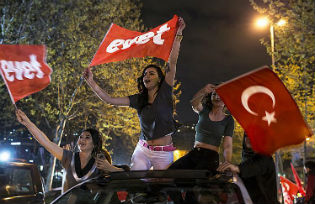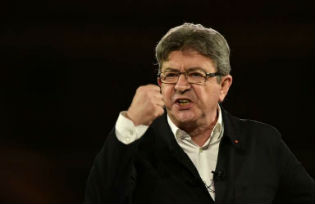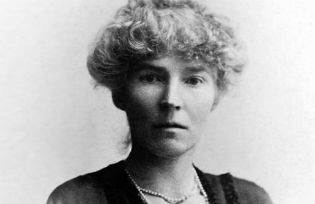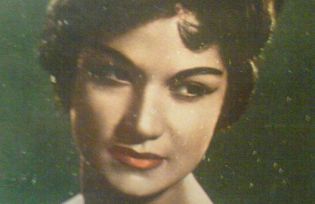|
|
Welcome to The Global Dispatches,
This month Yanis Varoufakis discusses the inevitability of the introduction of Universal Basic Income; Joanna Lewis and Li Shuo look at the task facing China to take up the mantle of leadership in the climate change debate; Umut Ozkirimli, Professor of Political Science at the Center for Middle Eastern Studies explains that the Turkification of Turkey is an impossible task and Tony Curzon Price looks at the Baghdad letters of Gertrude Bell and much more.
See you next month. |

 | Updated for August 2017. Every month we recommend a few classic music CDs that rarely see the light of day. This month sees: Incredible Bongo Band, Jesus Guerrero, Budos Band, Dead Combo, Marc Ribot y Los Cubanos Postizos, Ali Khattab and The Cairo Jazz Band get main billing. |
 | It is clear that a country as heteregenous and vibrant as Turkey cannot be held together by an autocrat who relies on a slim majority, no matter how fragmented the opposition is. |
 | On the 31st anniversary of the Chernobyl disaster, there is still no consensus on what to do about nuclear waste. |
 | A speech given by Yanis Varoufakis to the Gottlieb Duttweiler Institute, for International Workers' Day arguing that a universal basic income is now a necessity in our attempts to civilise capitalism. |
 | Where has the Trump administration left the US-China bilateral cooperation agenda? |
 | Why Jean-Luc Mélenchon’s late surge? Are we about to see de Gaulle's fifth republic replaced by a sixth? And in 2017, what does a Citizens' Revolution look like? |
 | A remarkable new documentary assembled from Gertrude Bell's letters read over archive footage makes us wish for what might have been. |
 | What is the British prime minister afraid of? She is no longer a woman of her word, but a woman running scared, knowing she will have to compromise, afraid of the insane hard-liners in her own back-benches who have never trusted a remainer like her anyway, wanting to ‘be in control’ over the whole Brexit negotiation, including its compromises, and running for presidential authority over it. |
 | The life and music of legendary Iranian singer Elahe, discussed by Mitra Hooshiar. Born in 1934 in the ancient city of Yazd in central Iran, she enjoyed her heyday during the 60s and 70s via the popular radio programme Golha. |
 | The story comes over almost as a religious parable for our times pitting Nazi-skins against homeless saviours of the night. There is no excuse for being inhuman, not even dire poverty. |
|
|
|
|
|
|
